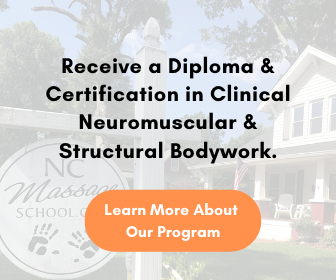Alternative forms of medical treatment are becoming increasingly popular among individuals today. Many patients are no longer satisfied with going to the doctor and being told to simply take a pill or have a procedure done. Individuals want options. Patients want to treat the underlying cause of their problems, instead of just addressing the symptoms. And individuals want to know that everything possible is being done to address what they are experiencing. One way that treatment options are being expanded is through the implementation of medical massage therapy.

What is medical massage therapy?
Medical massage therapy is performed as part of a healthcare provider’s overall treatment plan, so the massage therapy is typically concentrated on a specific medical diagnosis. The exact techniques and procedures that are used during this type of massage will vary from each patient. However, the massage will typically be centralized on the parts of the body that have been identified as an area of concern. Instead of massaging the entire body, medical massage therapy tends to focus on a particular area.
What kinds of conditions can be treated with medical massage therapy?
Medical massage therapy can be an effective treatment for many different conditions. Just a few of the most common ailments include carpal tunnel syndrome, migraines, sciatica, fibromyalgia, temporomandibular joint syndrome (TMJ), plantar fasciitis, neck pain, back pain, strained muscles, and more.
What techniques are typically used in medical massage therapy?
The massage techniques that are used will depend on a patient’s condition. Some of the common approaches include trigger point therapy, myofascial release, and neuromuscular therapy.
Is a prescription necessary for medical massage therapy?
Massage therapists do not have the legal ability to diagnose a patient with a condition. In order to claim that a medical treatment is being provided for a specific issue, a prescription must come from a healthcare provider. The prescription could come from a general practitioner, chiropractor, neurologist, orthopedist, oral surgeon, psychiatrist, or any medical professional.
For more information about medical massage therapy or details on how to receive professional training in this practice area, contact NC Massage School.

